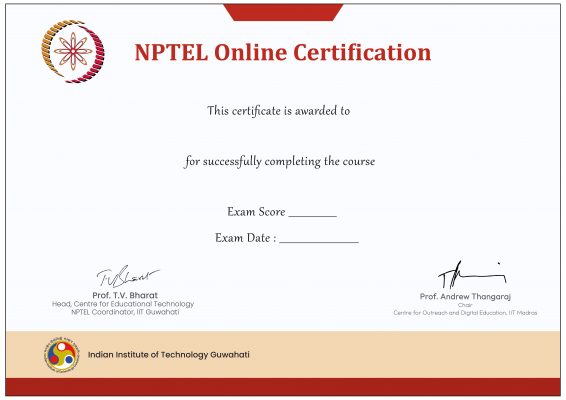Description
INTENDED AUDIENCE
ABOUT THE INSTRUCTOR

Rajshree Bedamatta is Associate Professor of Economics at the Department of Humanities and Social Sciences at Indian Institute of Technology Guwahati, India. Her university training is in the discipline of Economics with specialization in Development Economics. She teaches and researches in the broad domains on Development Economics and Public Economics at IIT Guwahati. Her research is on agrarian markets with focus in the domains of food and nutrition, health and education.



Reviews
There are no reviews yet.